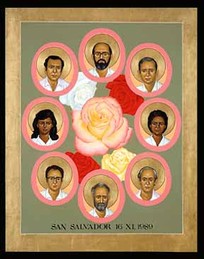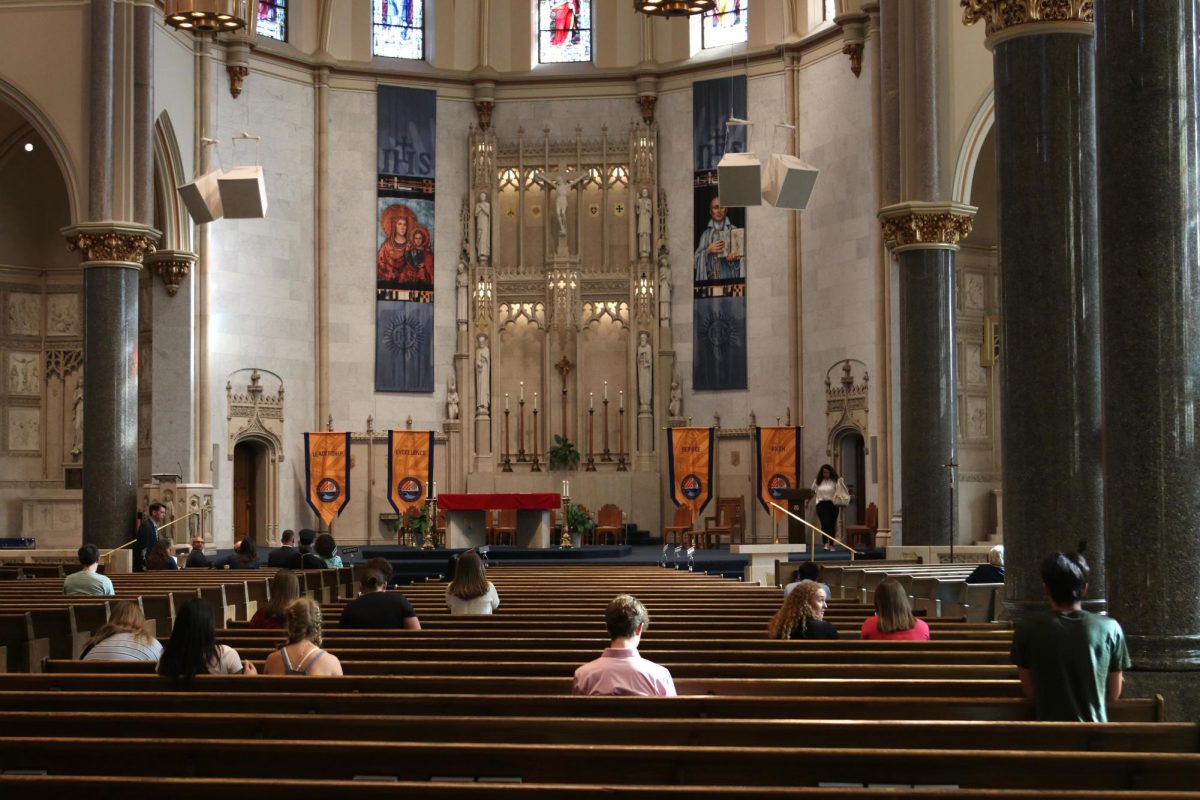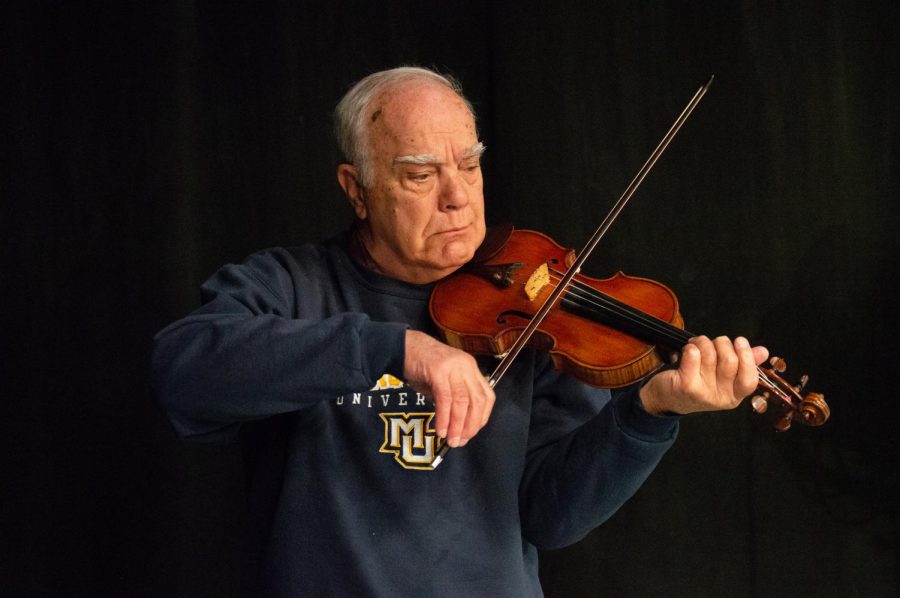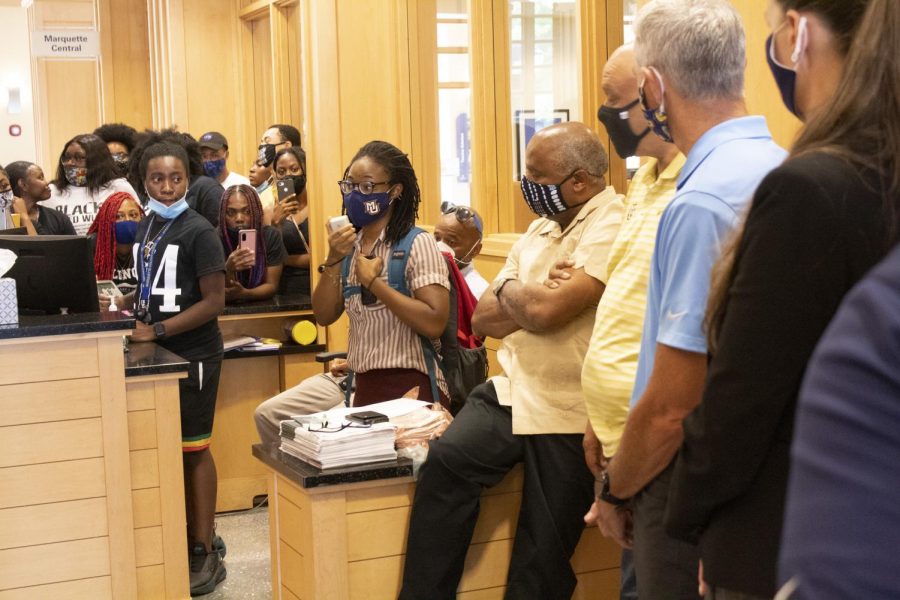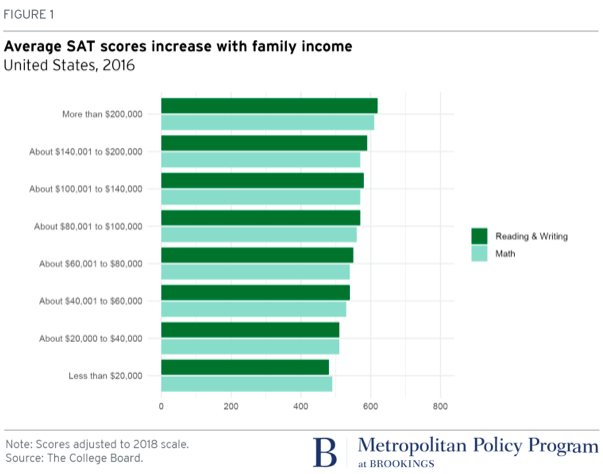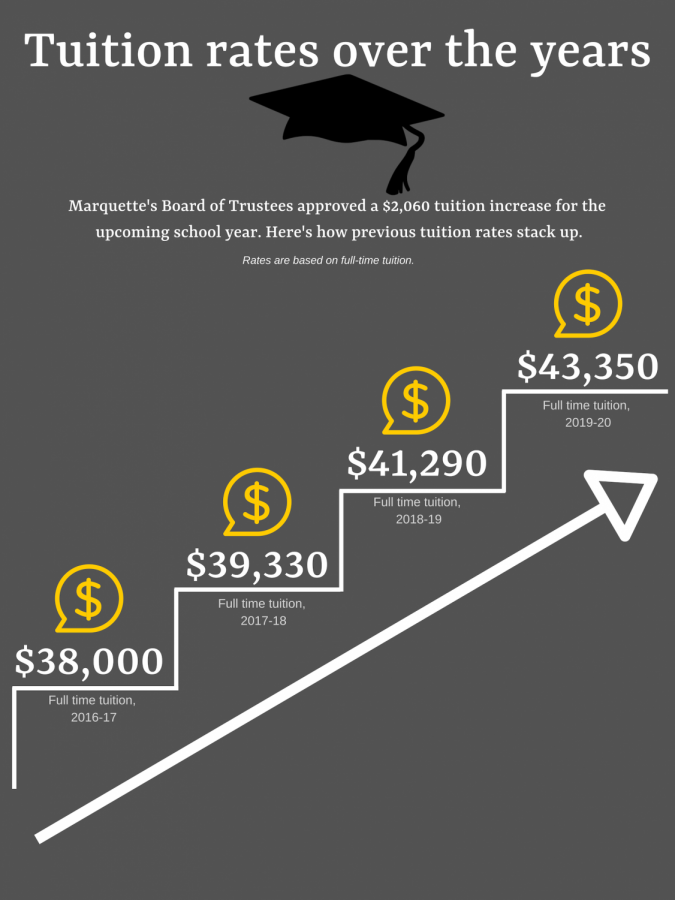Thousands of disadvantaged high school students across the United States now have the opportunity to earn scholarships to nearly two dozen universities, including Marquette, through a partnership with the Cristo Rey Network.
The network, a system of Catholic high schools situated in urban areas, serves students who otherwise may not have been able to attend college.
This summer, Marquette and six other predominantly Jesuit universities became “Founding National Partners” with the network, pledging scholarships and other college preparation assistance to graduates of the 24 high schools in the Cristo Rey system.
There are 14 other universities and colleges that have also joined the system.
The partnership was a natural fit for Marquette because the university has had an affiliation with the original Cristo Rey Jesuit High School in Chicago for many years, said Roby Blust, dean of undergraduate admissions.
Three of the university’s full-tuition Urban Scholars program scholarships are already designated for graduates of Cristo Rey in Chicago, said Blust, who helped facilitate the partnership.
Blust said there are currently 20 Cristo Rey students from Chicago at Marquette.
Additionally, Marquette and the Cristo Rey Network work easily together because both are Jesuit-founded, said Jeff Snell, special advisor to University President the Rev. Robert A. Wild.
“Underlying all of that is this unity from shared mission and identity,” Snell said. “We care deeply about the same things and the same types of students. That’s critical.”
Cristo Rey students come from economically disadvantaged areas with limited educational opportunities, said Rob Cummings, vice president of advancement for the Cristo Rey Network.
“A young person who has the smarts to get into a top-notch high school or the financial wherewithal — that’s not the type of student that the Cristo Rey mission is seeking to meet,” Cummings said. “We’re looking for students who through no fault of their own have not received the type of education they needed to be successful in college.”
The goal of Cristo Rey schools is to make sure students are equipped to succeed in college, Cummings said.
“It’s not enough for the network to say, ‘Hey, we got 99 percent of the senior class accepted into a two- or four-year college,” Cummings said. “Our mission is to see that our students have college success.”
He said a crucial part of achieving that mission is “a college or university partner waiting for (a student) with open arms to do their part to ensure that student college access.”
Through the national partnership, participating universities hope to expand relationships with the different schools beyond just offering scholarships, he said.
For example, Marquette has facilitated visits to campus for the students in Chicago and has sent representatives to the Chicago Cristo Rey school to discuss college preparation, Blust said.
Marquette will also serve in an advisory capacity to the Cristo Rey schools to help them continue to prepare students for college success, Snell said.
Establishing the National Partners was a way to “formalize the relationships we were already forming with schools,” Cummings said.
Marquette representatives are in the process of visiting other schools in the Cristo Rey network with the hope of providing assistance similar to Marquette’s work with the Chicago school, Blust said.
“I’m certainly hopeful that some of those students will consider Marquette,” he said. “We did get an application this year from Waukegan (Illinois) and one from Cleveland.”
The partnership is a continuation of Marquette’s efforts to increase disadvantaged students’ access to education, another example being the university’s recent pledge to offer scholarships to Boys and Girls Clubs’ Youth of the Year award winners, Snell said.
Such partnerships complement the university’s goals, he said.
“The natural fit stems from Marquette’s commitment to access to opportunity for kids who have earned their shot and who aspire to achieve higher education,” he said.

